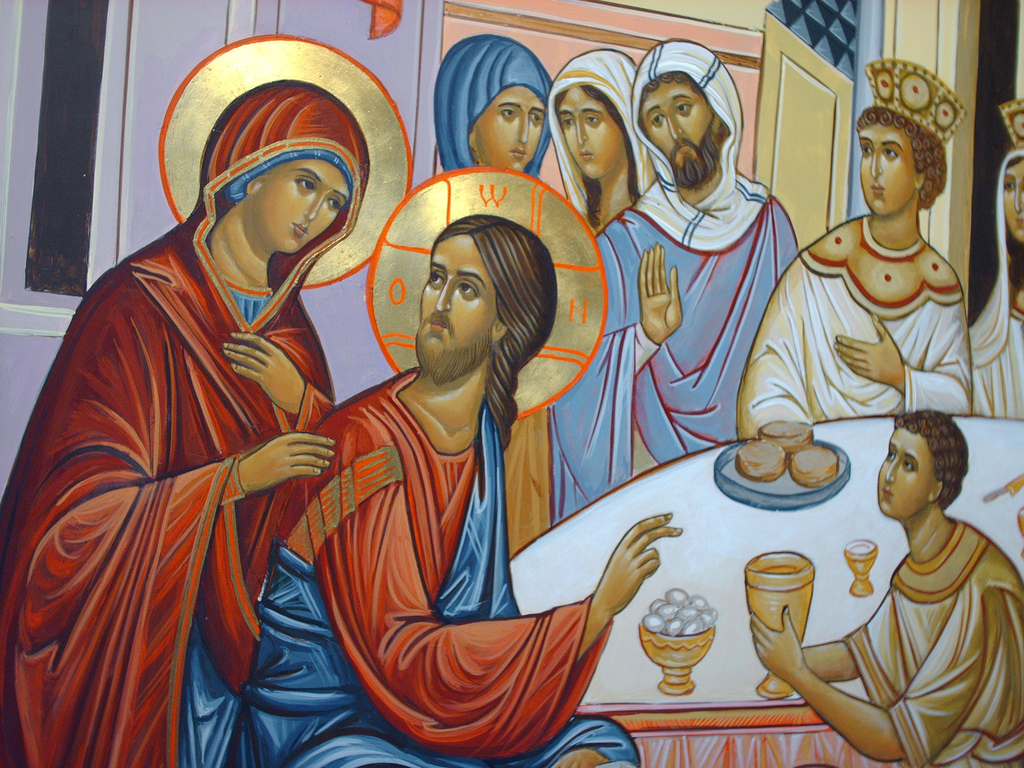Today’s readings remind us that the coming of Christ brings judgment, but also justice and mercy. John the Baptist is the last and most blessed prophet because he has the privilege of seeing the Messiah come, the Messiah to which so many of his predecessors had given witness, and today he is helping us prepare this Advent.
Today’s First Reading reminds us that the Messiah comes to usher in true justice: he goes beyond appearances to judge hearts, and he knows events as they truly happened, not just piecing together a case through rumors and innuendos. His spirit will be characterized by wisdom. His justice will usher in peace: Isaiah portrays this peace speaking of predatory and dangerous animals who lay down alongside their prey, leaving them unharmed, and an unshakable calm to nature itself. Isaiah goes on to say that the Messiah will also be “set up as a signal for the nations.” Not just the Jewish nation, but all nations.
Paul in today’s Second Reading reminds the Christians converted from paganism that they too were welcomed by Christ for the glory of God, therefore they should glorify God for his mercy toward them. Paul reminds us that Sacred Scripture, such as today’s First Reading, has the goal of instilling hope. Christ comes this Christmas to bring us not only justice and judgment, but mercy and peace if we welcome it. He offers it to everyone. When we become of one mind and welcome each other as Christ welcomed us, we glorify God. Glorifying God is not just the task of Jews, but of the Gentiles who welcome the Lord as well.
John the Baptist in today’s Gospel shows the way to welcome the Messiah: sorrow for our sins. It’s no coincidence that the liturgical colors of Advent are the same of the those of Lent: it is a penitential time, a time to take stock of whether we’ve welcomed Christ or others during the year. However, this time is also aglow with hope, since Advent represents the long dark centuries when humanity, lost in sin, seemed hopeless. Now the Messiah is at hand to usher in justice and peace. Just as John warns the Pharisees and Sadducees today, we can’t rest on our laurels. We’re not safe just because we’re Christians; our actions determine our fate. We struggle with sin throughout our lives, so we also have abundant opportunities for repentance, including Advent.
John tells us in today’s Gospel that the good fruit of our actions is the sign of our repentance. We’re one week into Advent and we still have plenty of time to welcome Our Lord through good works in appreciation for the mercy he has shown us. We do a lot of good for family and friends in preparation for Christmas, but let’s go beyond that circle to do good for those who have no one this Advent.
Readings: Isaiah 11:1–10; Psalm 72:1–2, 7–8, 12–13, 17; Romans 15:4–9; Matthew 3:1–12. See also 2nd Sunday of Advent, Cycle A.





